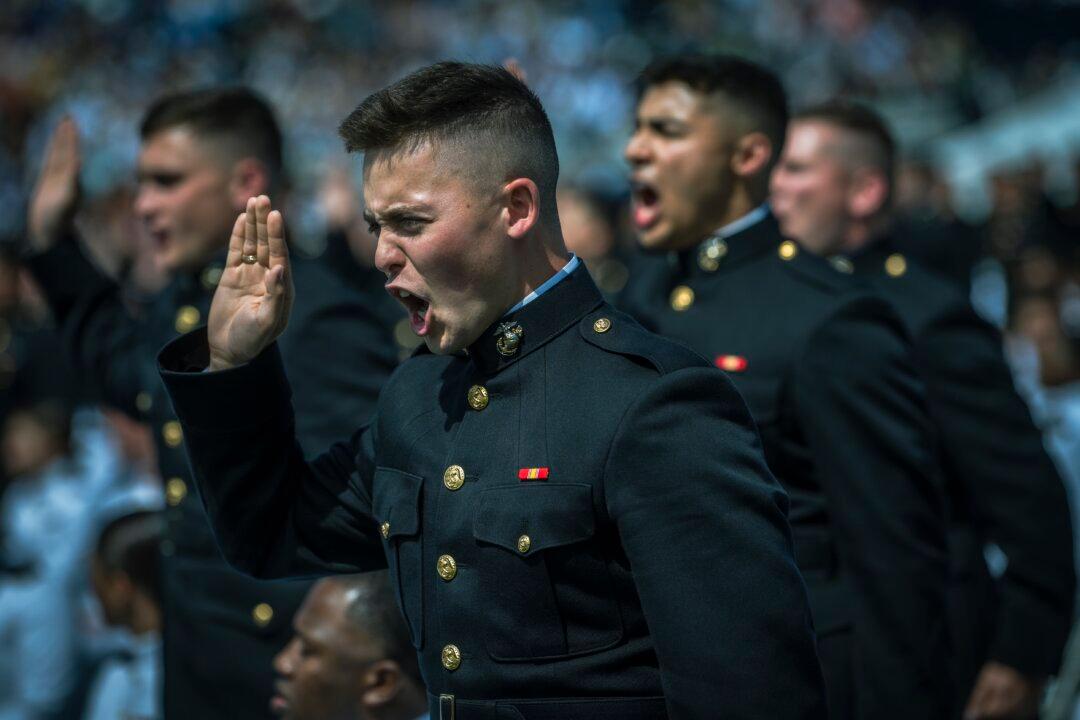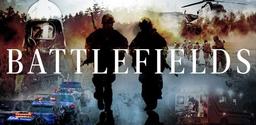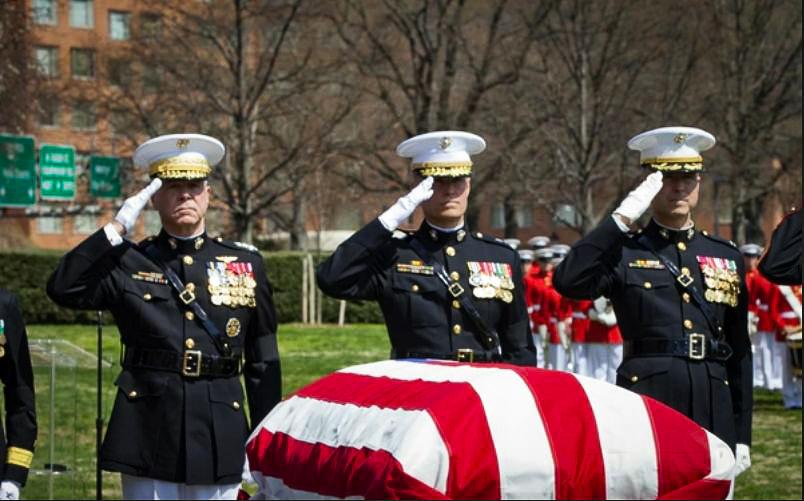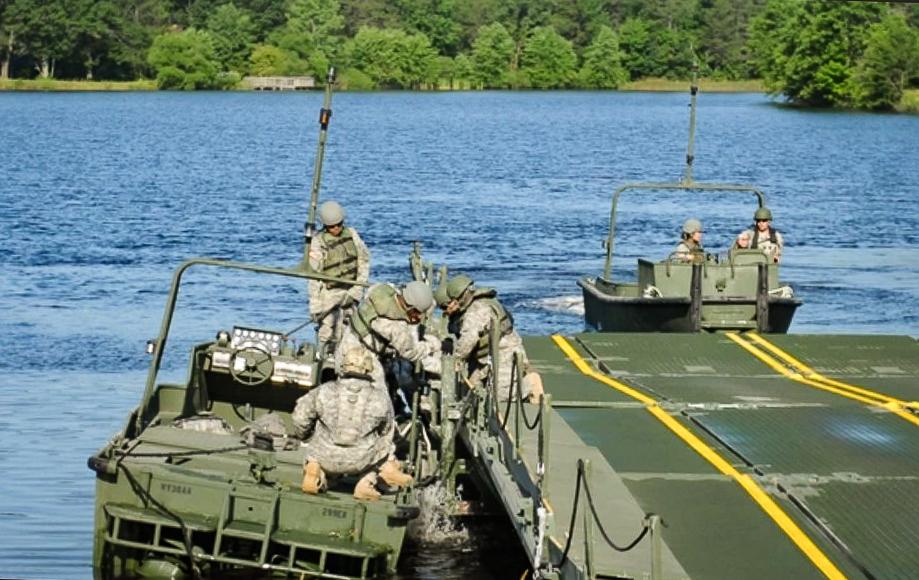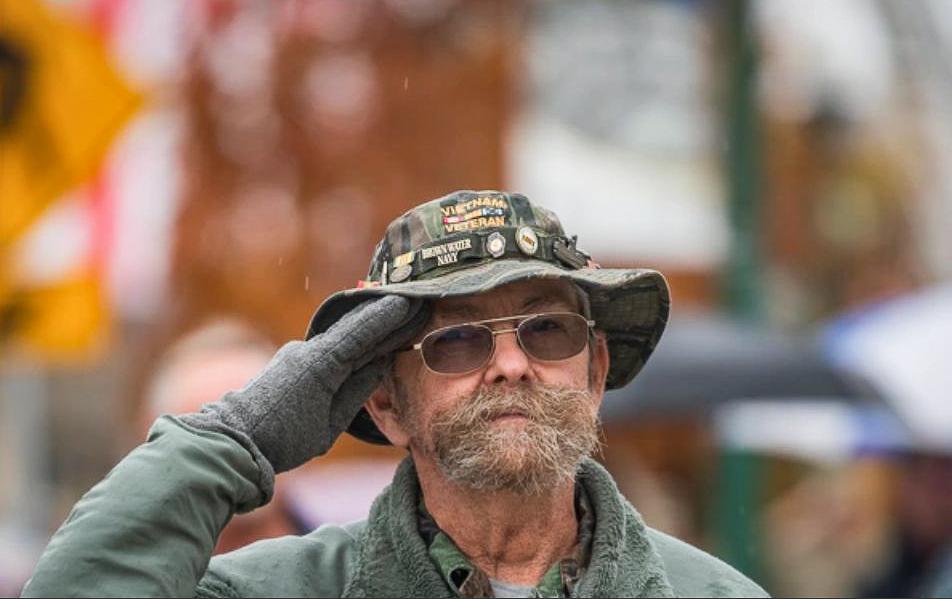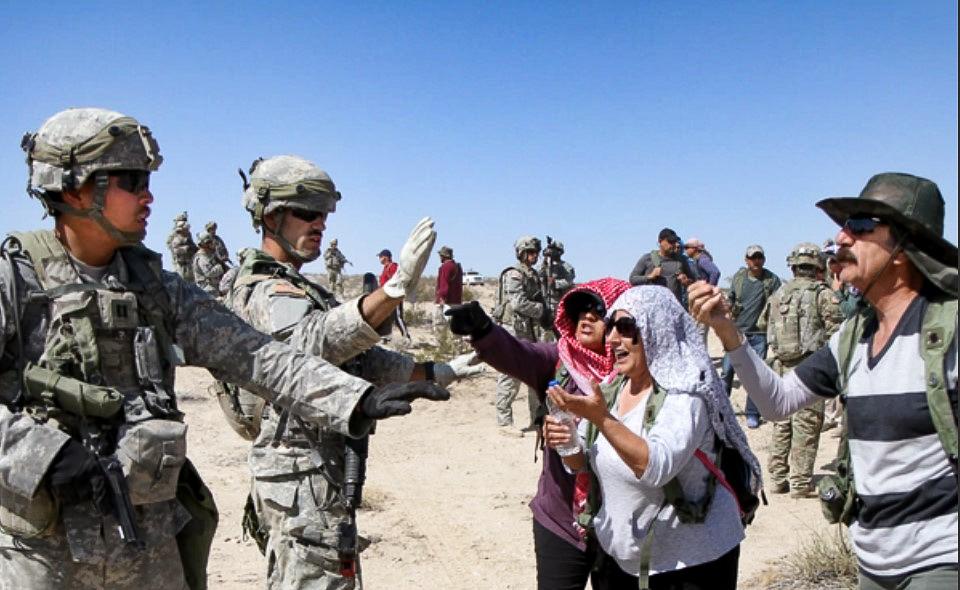Commentary
Today our world is increasingly characterized by volatility, uncertainty, complexity, and globalization. As events since 2020 have shown, we can no longer detach ourselves, or predict accurately, the impact of dynamic forces of rapidly advancing technology, globalization, and the impact of social media on politics, culture, and all other facets of society. Most recently, the rise of large language models, enabled through artificial intelligence accelerators, is transforming our world in ways we cannot yet grasp. Indeed, in a recent Lex Fridman podcast, historian Yuval Noah Harari echoed this sentiment, saying that for the first time in all human history, we have no clear understanding of what will occur to humanity in the next 10 years. We are entering uncharted territory on many frontiers.
Resurrecting Old Ideas on New Thinking
In this rapidly fluctuating world, perceptions of patriotism, government, and military service are also changing. Young people today perceive the world very differently than just a generation before. Their personal value system is intermeshed with social media, is more aligned globally, and is less compatible with past notions of national service. They are being brought up to “think globally and act locally.”
